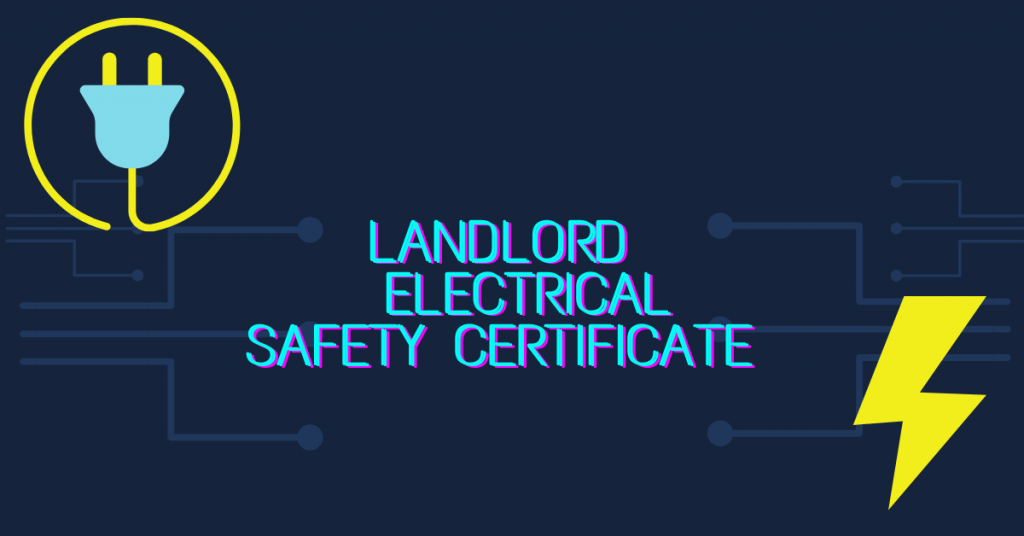As a landlord, you must consider all reasonable steps to keep your renters safe. Consequently, you must be certain the electrical setup (wiring, lighting systems, etc.) and any electrical equipment you’ve provided are safe when the tenancy begins and throughout.
Your Duties Being a Landlord
As a landlord, your legal responsibility is to ensure all-electric equipment on your property is safe and maintained throughout the whole property. An electric setup contains all fixed electrical equipment included using your premises’ electricity meter. Just like other options of one’s property, electrical installments deteriorate and face tear and wear, so will need to be appropriately maintained. Failure to do so may cause prosecution and invalidates most landlord insurance plan policies. For your tenants and your enterprise’s safety, it is essential to get a Landlord Electrical Safety Certificates.
Electrical Safety Certificates during Covid-19 Pandemic
Given most areas have freedom of movement while in the UK, you need to do as much as you can to meet your legal requirements because of a landlord. But suppose a nearby area has been locked down, or your rented property can’t be obtained because someone was educated to self-isolate, or is ailing with COVID-19. In that case, you want to keep documentation that shows your efforts to comply with the law and also maintain your renters informed in writing.
Action needed in Case of an Unsatisfactory Report:
Where an electric Installation Safety Report describes urgent therapeutic job or requires ‘further research’, the landlord has to make sure that the essential job is completed with a skilled and competent person within 28 days (or the time scale defined in the document if it’s less than 28 weeks ), you start with the day of this review and testing.
The landlord should then:
Obtain written confirmation by the skilled person who further investigative or therapeutic work was performed and that the electrical safety standards are satisfied, or the farther investigative or therapeutic work is demanded
Furnish that written verification, as well as a duplicate of the record that demanded the other investigative or therapeutic job to each present tenant of their residential property within 28 days of the conclusion of their further investigative or therapeutic job, also to the area housing authority within 28 days of closing of this additional investigative or restorative work.
The Legal Perspectives for Electric Safety Certificate
Until 2020, an electric safety test up on privately-rented possessions in England was just compulsory for Homes in Multiple Occupation (HMOs).
Landlords of all HMOs should have the electric setup from the property inspected and analyzed at least once every five decades and tackle any required functions as detailed on the Electrical Installation Condition Report or (EICR). The council may ask to find a replica of this report at any moment.
But for ‘standard’ single-let possessions the rules have been available to interpretation, with all regulations only saying that the landlord needs to be sure the electrics are all safe. For most brand new tenancies given from June 2020, electric installations must be inspected and analyzed by an experienced person before the property begins.
If further repairs or investigations are required, they must be completed with a professional person within 28 days of their review. The report has to be kept, and a copy supplied to the individual project for the following review. If the community authority asks for a duplicate of the information, you must finish them within seven days.
What happens when I do not conform to those Regulations?
If, as a homeowner, you don’t have a satisfactory landlord electrical safety certificates for the home within the timescales outlined within regulations, or you also fail to try required remedial job or further identification within the necessary interval, the area housing authority must serve a corrective note giving the landlord 28 days to do it. If the landlord doesn’t take action, the area housing authority may arrange for an authorized person to undertake the necessary healing work, subject to agreement with the tenant. The local housing authority may recover reasonable expenses of the work from the landlord. They can also impose a monetary penalty of as much as £30,000.



